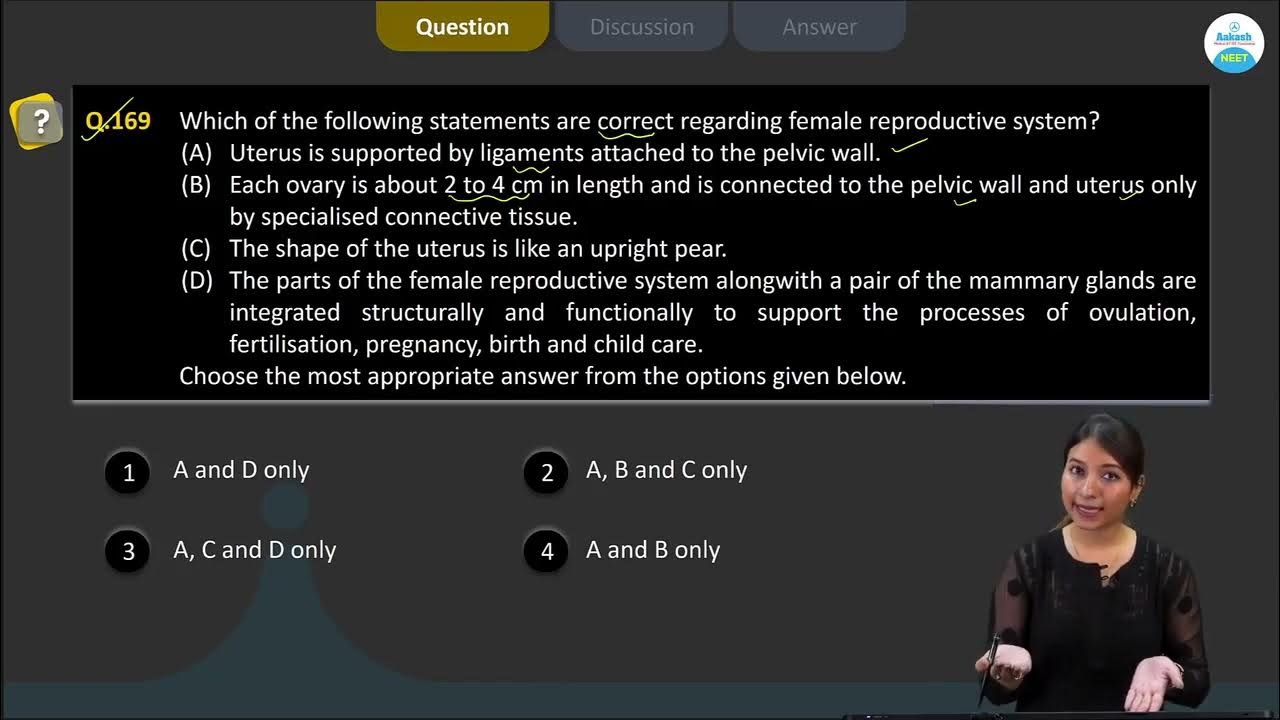Never Be Stressed Out Again
Summary
TLDRThis video script explores the role of oxytocin in stress management, beyond its known functions in reproduction. Oxytocin counters stress by regulating cortisol and the fight-or-flight response. It's linked to social bonding, helping others, and even protecting the hippocampus from stress-induced atrophy. Activities like bonding with pets, volunteering, and donating can increase oxytocin, reducing stress. Nutritional factors like vitamin C, magnesium, cholesterol, and estrogen support oxytocin function, offering a holistic approach to stress reduction.
Takeaways
- 🔄 Stress is inevitable, but our tolerance and reaction to it matter more.
- 🌟 Oxytocin is a hormone crucial in counteracting stress and cortisol.
- 🤰 Oxytocin is traditionally associated with reproduction, childbirth, and lactation.
- 🧠 It also plays a role in preventing hippocampal atrophy, which is linked to Alzheimer's and dementia.
- 🐏 An experiment with sheep showed that oxytocin can induce maternal behavior even in non-mother sheep.
- 🤝 Bonding with others and pets can increase oxytocin levels and reduce stress.
- 💖 Volunteering and donating are activities that can trigger the release of oxytocin.
- 📖 Storytelling can increase oxytocin and decrease cortisol.
- 🤗 Hugging increases oxytocin levels, promoting trust and reducing fear.
- 🥦 Nutritional factors like vitamin C, magnesium, and cholesterol are essential for oxytocin production.
- 🚺 Estrogen increases oxytocin receptors, which may explain increased anxiety during menopause.
Q & A
What is the main focus of the video script?
-The main focus of the video script is to discuss the role of oxytocin in counteracting stress and its various functions beyond reproduction.
How does stress affect the body according to the script?
-Stress causes the release of hormones like cortisol and adrenaline, which prepare the body for the 'fight or flight' response by increasing pulse rate and shifting metabolism towards quick energy production.
What is oxytocin and what is its primary role as traditionally understood?
-Oxytocin is a hormone traditionally associated with pregnancy, bonding between a mother and child, lactation, and uterine contractions during childbirth.
How does oxytocin relate to stress management?
-Oxytocin is crucial in counteracting the effects of stress by regulating the HPA axis, which is responsible for the production of stress hormones like cortisol.
What is the significance of oxytocin in social biology?
-In social biology, oxytocin plays a role in social bonding, helping others, and the welfare of others, as demonstrated by the experiment with sheep where it induced maternal behavior.
How does oxytocin protect the brain?
-Oxytocin prevents the atrophy of the hippocampus, which is important for memory and learning, and is also linked to the prevention of Alzheimer's and dementia.
What are some ways to naturally increase oxytocin levels as mentioned in the script?
-Ways to increase oxytocin levels include bonding with people and pets, volunteering, donating, sharing, storytelling, and hugging.
How does helping others affect stress levels according to the script?
-Helping others can reduce one's own stress levels, as it triggers the release of oxytocin, which is associated with trust and well-being.
What nutritional factors can influence oxytocin production?
-Vitamin C, magnesium, cholesterol, and estrogen can influence oxytocin production. These nutrients are necessary for the proper functioning of oxytocin receptors.
Why might a low-cholesterol diet affect oxytocin levels?
-A low-cholesterol diet could potentially affect oxytocin levels because cholesterol is involved in the production of oxytocin.
How does the script suggest using the information about oxytocin to manage stress?
-The script suggests using the information about oxytocin to manage stress by engaging in social activities that promote bonding and welfare of others, which naturally increase oxytocin levels.
Outlines

This section is available to paid users only. Please upgrade to access this part.
Upgrade NowMindmap

This section is available to paid users only. Please upgrade to access this part.
Upgrade NowKeywords

This section is available to paid users only. Please upgrade to access this part.
Upgrade NowHighlights

This section is available to paid users only. Please upgrade to access this part.
Upgrade NowTranscripts

This section is available to paid users only. Please upgrade to access this part.
Upgrade NowBrowse More Related Video
5.0 / 5 (0 votes)





